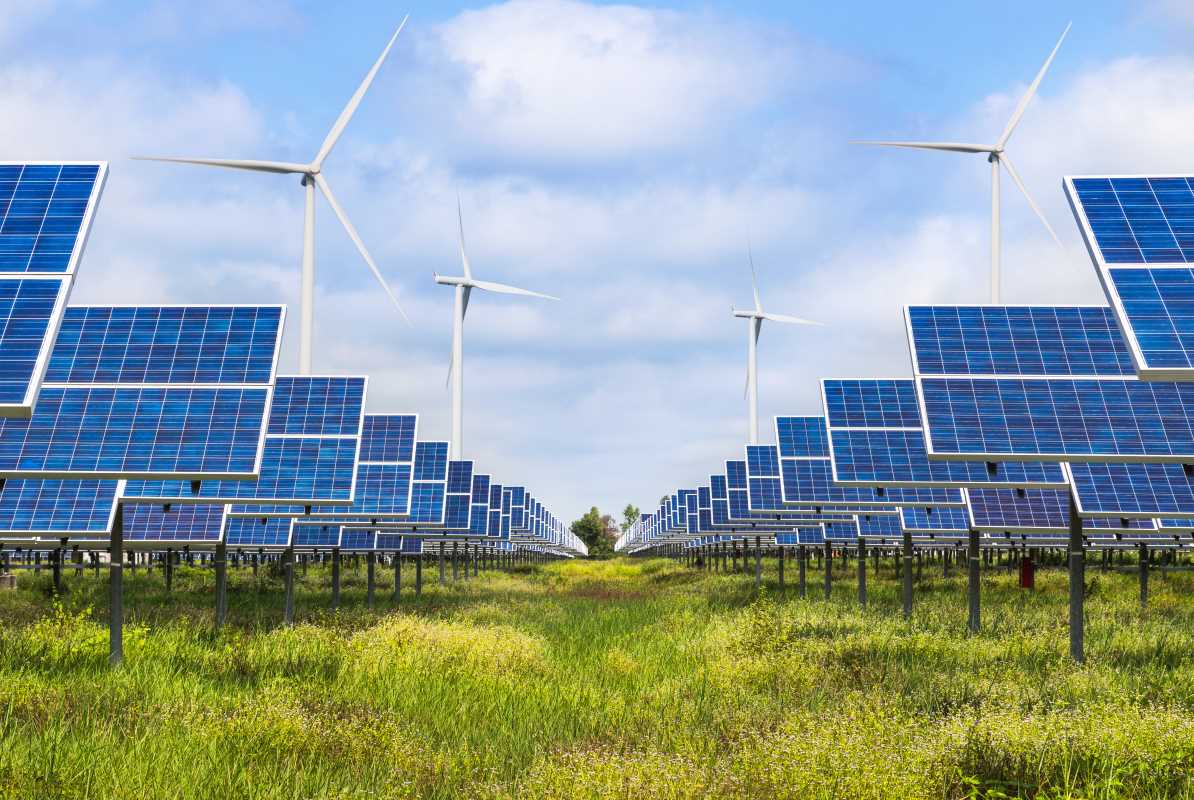The world is in the middle of a massive energy revolution. We are shifting away from fossil fuels and embracing cleaner, more sustainable sources of power like the sun, wind, and water. This green energy boom isn't just good for the planet; it's creating an incredible number of new and exciting jobs. From engineers designing the next generation of solar panels to technicians climbing giant wind turbines, the demand for skilled professionals in the renewable energy sector is exploding. If you want to be a part of this important and growing field, one of the best things you can do is get a great education. Choosing the right school and program can give you the knowledge, skills, and connections you need to launch a successful career. This guide will highlight some of the top schools and programs that can put you on the path to a rewarding job in renewable energy.
What to Look for in a Renewable Energy Program
Before we dive into specific schools, it’s helpful to know what makes a program stand out. A great renewable energy program isn't just about what you learn in the classroom; it's about the entire experience. Look for schools that have strong ties to the industry. This often means they have partnerships with energy companies, which can lead to amazing internship opportunities and guest lectures from people working in the field.
Another key factor is hands-on learning. The best programs have state-of-the-art labs where you can work with real solar panels, wind turbine components, or biofuel reactors. This practical experience is what employers are looking for. Finally, check out the faculty. Are the professors just academics, or do they have real-world experience in the energy sector? A professor who has designed a wind farm or managed a solar installation can offer insights you won't find in a textbook.
Top Universities for Engineering and Research
If your goal is to be an innovator who designs the next breakthrough in green technology, you'll want to look at universities with top-tier engineering and research programs. These schools are on the cutting edge of renewable energy science.
Stanford University is a world leader in energy research. Its Precourt Institute for Energy brings together students and faculty from across the university to tackle big energy challenges. Students can pursue degrees in fields like environmental engineering or materials science with a focus on topics like improving battery storage for solar power or developing more efficient solar cells. Stanford's location in Silicon Valley also means students are surrounded by innovative energy startups.
Massachusetts Institute of Technology (MIT) is another powerhouse in engineering and technology. The MIT Energy Initiative is a hub for research in all areas of energy, from nuclear fusion to advanced wind power systems. Students at MIT get to work in some of the most advanced labs in the world, contributing to research that could change how we power our planet. An engineering degree from MIT is a ticket to a high-level job in research, development, or energy policy.
University of California, Berkeley is known for its strong commitment to sustainability and its top-ranked engineering and environmental science programs. The university's Renewable and Appropriate Energy Laboratory (RAEL) focuses on designing and deploying energy systems that are not only sustainable but also equitable. Students at Berkeley can get involved in projects that bring clean energy to underserved communities around the world, combining technical skill with a social mission.
Excellent Programs for Hands-On Technical Training
A four-year engineering degree isn't the only path into a great renewable energy career. Many of the most in-demand jobs, like wind turbine technician or solar panel installer, require specialized technical skills. Community colleges and technical schools are often the best places to get this kind of focused, hands-on training.
Texas State Technical College (TSTC) has one of the premier Wind Energy Technology programs in the country. Located in the heart of Texas wind country, the program offers students an associate's degree and the chance to train on an actual, operational wind turbine. Students learn everything from turbine mechanics and blade repair to the complex electronics that control the turbines.
Columbia-Greene Community College in New York offers an associate's degree in Wind Energy and Turbine Technology. The program is designed to prepare students for immediate employment as wind technicians. It combines classroom theory with extensive hands-on lab work, ensuring graduates have the practical skills needed to succeed in the field from day one.
For those interested in solar energy, Ecotech Institute in Colorado was one of the first colleges entirely focused on renewable energy and sustainable design. They offer a range of programs, including a Solar Energy Technology associate's degree. Students learn how to design, install, and maintain photovoltaic (solar) systems for both residential and commercial properties. The hands-on training prepares them for industry certifications that are highly valued by employers.
Schools with a Focus on Policy and Business
The green energy transition isn't just about technology; it's also about business, finance, and public policy. We need smart people who can manage large-scale energy projects, create government policies that support renewables, and find innovative ways to finance the shift to a clean energy economy.
The University of Michigan is a great choice for students interested in the business and policy side of energy. Its Erb Institute is a partnership between the School for Environment and Sustainability and the Ross School of Business. It offers dual-degree programs that prepare students to be leaders who understand both environmental science and business strategy.
Yale University, particularly its School of the Environment, is a top destination for those who want to shape energy policy. The program focuses on the complex interplay between science, economics, and law. Graduates go on to work for government agencies, environmental advocacy groups, and international organizations, helping to create the regulations and incentives that drive the growth of renewable energy.
 (Image via
(Image via





